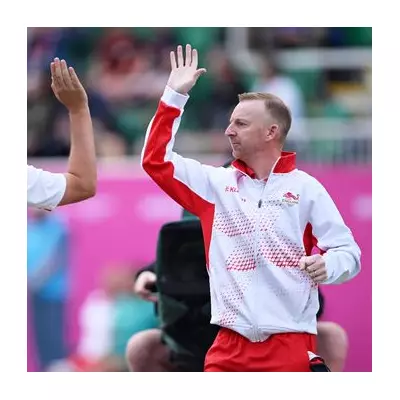
Premier League clubs are facing intense criticism following shocking revelations about their training regimes, with medical experts warning that current practices could be causing more harm than good to players' long-term health.
Controversial Training Methods Exposed
An investigation has uncovered that several top-tier English clubs employ so-called 'inflammation training' techniques - deliberately pushing players to train through pain and injury. Sports physicians describe this approach as 'medieval' and potentially dangerous.
Medical Professionals Sound the Alarm
Leading sports doctors have expressed grave concerns about these methods, which they claim can lead to:
- Chronic joint damage
- Premature career endings
- Long-term mobility issues
- Increased risk of degenerative conditions
Player Welfare vs Performance Demands
The revelations come amid growing tension between club medical staff and coaching teams, with insiders reporting pressure to clear players for matches despite injury concerns. 'It's become a numbers game,' one physiotherapist revealed anonymously. 'The focus is on getting stars back on the pitch, not their long-term wellbeing.'
Football's Physical Toll Under Scrutiny
This controversy emerges as research shows Premier League players now cover 10% more distance per match than a decade ago, with the average season containing 50% more high-intensity sprints. Sports scientists warn the human body wasn't designed for such relentless demands.
Calls for Regulatory Intervention
Player unions and medical associations are demanding urgent action from football's governing bodies to:
- Establish clear training guidelines
- Implement mandatory recovery periods
- Introduce independent medical oversight
- Protect whistleblowers from club retaliation
As the debate intensifies, questions are being raised about whether football's pursuit of excellence has crossed ethical boundaries, putting short-term results ahead of athlete welfare.





